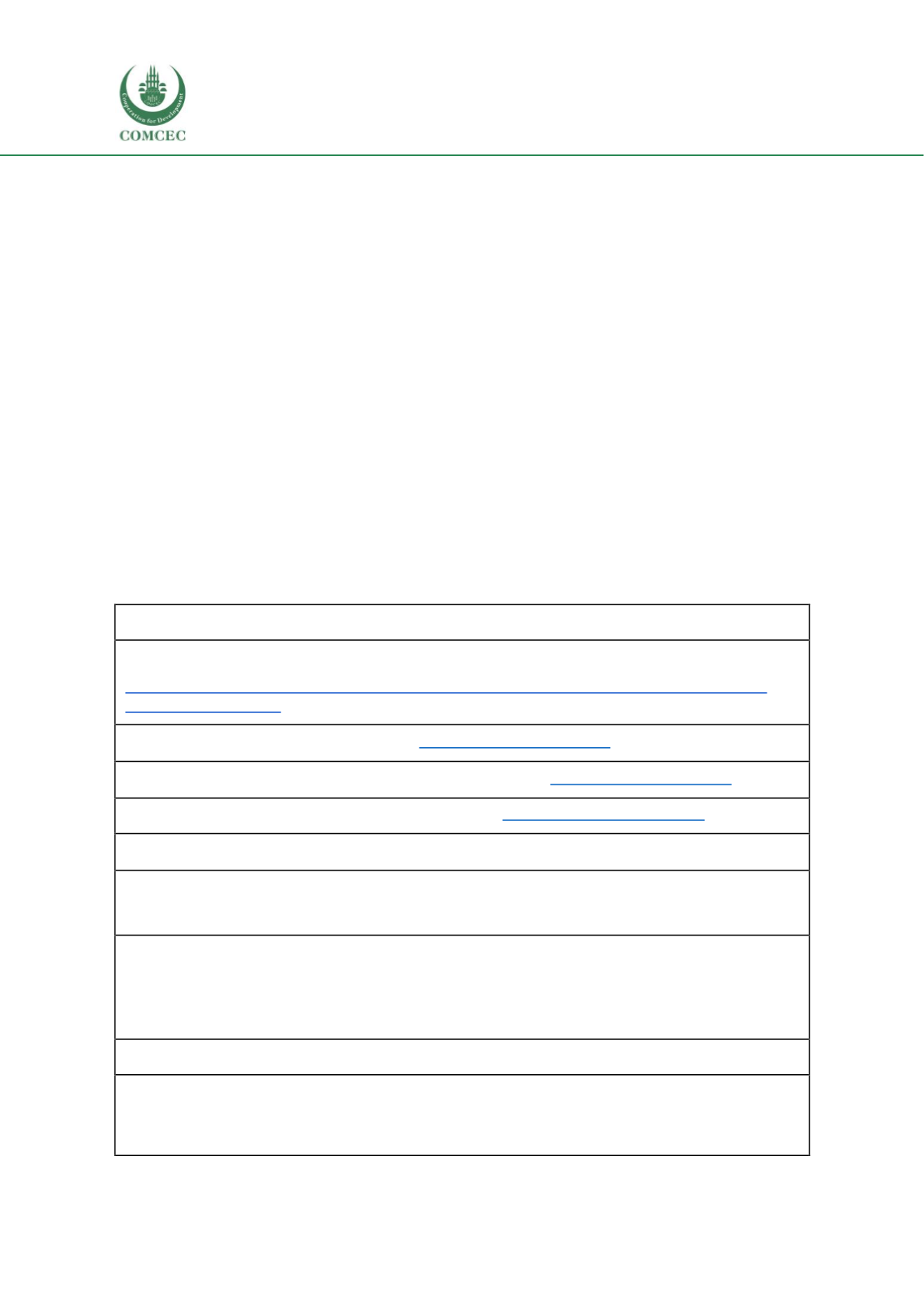

Skills Development: Vocational Education
in the Islamic Countries
148
CHAPTER 7: COMPARISON
Comparisonamong the case studies
This section presents the comparative analysis among the case studies, which have presented in
the previous sections. First section (7.1) presents a comparison among four countries which is
constructed based on the literature review (see beginning of each case study). Second section
(7.2) provide a generalised finding which is constructed based on the filed study (empirical
data). Third section (7.3) presents skills set which is required in theworkplace of 21
st
century,
and the last section (7.4) suggests the possible recommendations for improving TVET sectors
and to provide guidelines to eradicate poverty.
7.1. Comparisonamong four countries (literature review)
Table 7.1 shows the comparison among four countries which is presented in short form in the
table:
Table 7.1: Comparison on TVET systems (Four countries)
1. Authorised Body
A:
Australian Vocational Education and Training (VET)
https://www.australia.gov.au/information-and-services/education-and-training/vocational- education-and-trainingB:
The Ministry of Education (MoE). Web
: http://www.moedu.gov.bd/P:
The Ministry of Education and Higher Education (MoEHE)
http://www.mohe.pna.ps/U:
The Ministry of Education and Sports (MoES) Web:
http://www.education.go.ug/2. National Qualification Framework (NQF)
A:
Australia has complete Australian Qualifications Framework (AQF)
Strength:
Complete and has linked with entire qualification
B:
Bangladesh has introduced proposed National Technical and Vocational Qualifications
Framework (NTVQF)
Weakness:
It has introduced as a pilot basis and it does not show complete education path way (it
has only five level)
P:
Palestine does not have National Qualification Framework (NQF)
U:
Uganda has Uganda Vocational Qualification Framework (NVQF)
Weakness:
NVQF is not complete one which does not show complete education path way (it has
only five level)
Australia
=
A
Bangladesh
=
B
Palestine
=
P
Uganda
=
U
















